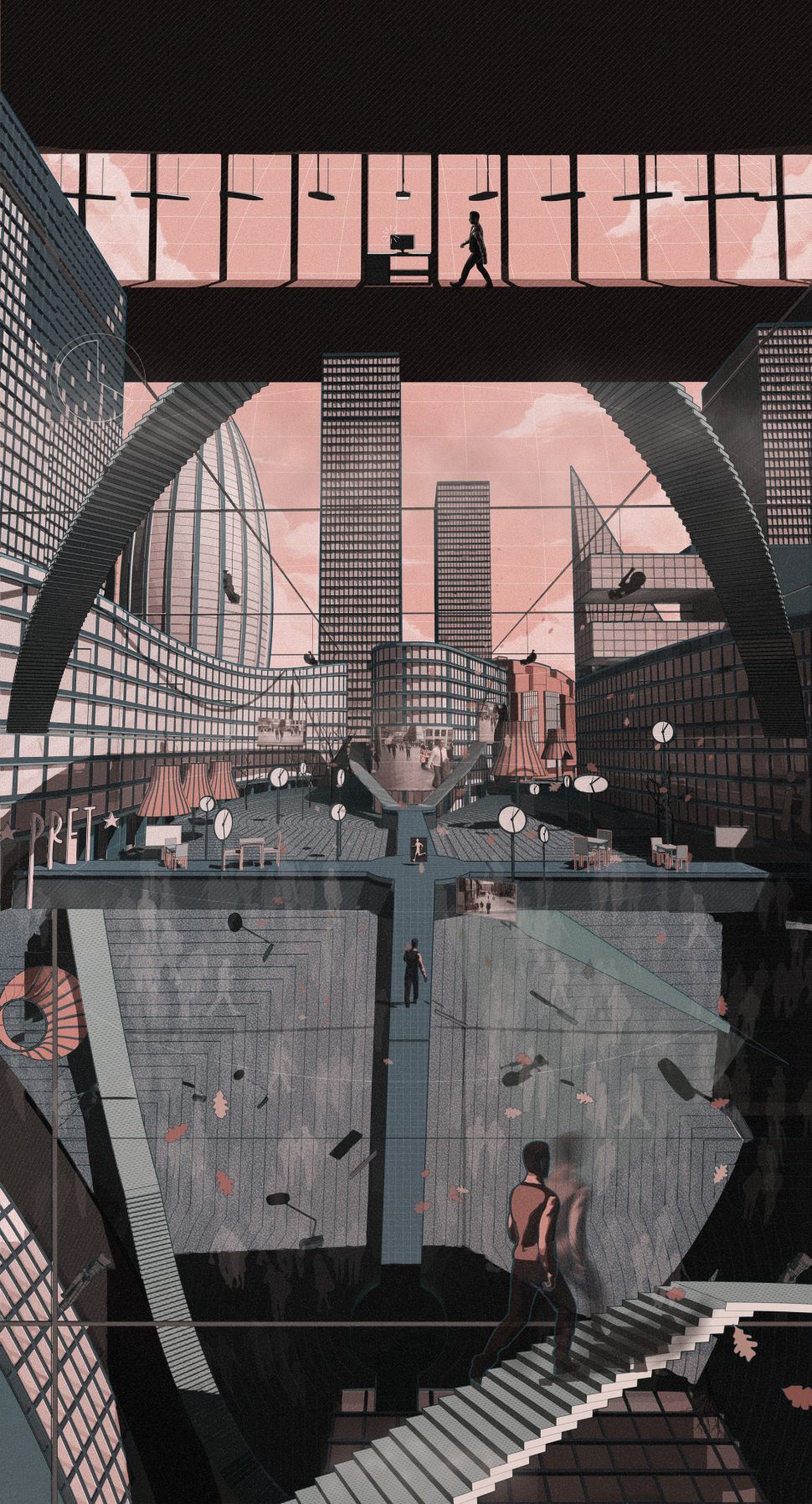& is a powerful little symbol - it opens out into the next step, argues for inclusion and demands to be followed. Rather than starting from within the discipline and moving outwards, &rchitecture emerges from what already is different (in the world). &rchitecture is brought into existence through the participation in and inhabitation of material space by the subjects of the city. This is a key way of discovering what the power and potential of architecture is to create (inclusive cities and societies). &rchitecture argues that difference is not error that designers should seek to minimize/eliminate in order to come to an optimal solution, but the central means of creative practice. &rchitecture seeks to embrace difference in order to be affective and affectable – to make a difference and move people emotionally, whilst being open to change ourselves. Without engaging with difference our thinking and practices remain unchallenged, and our actions are unable to address the complex and fluid conditions we practice in. Without difference, we fall into habitual processes in which norms and orthodoxies are perpetuated.
Year 6
Professional Studies
Students
Year 5
Abigail Colder, Amanda Jia Yun Chua, Anya Hristova Tineva, Binyu Binev, Dalia Qistina Binti Mohammad Nasaruddin, Harry Westwood, Jemima Osborne, Jessica Amelia Ward, Kaja Marta Sandura, Katayha Marie Gould, Khe Lyn Lim, Kiran Milton, Lu Hui, Ma Chor Yu, Nestor Jose Ruiz Medina, Patricia Belcin, Rachael Louise Aylward-Jones, Samuel Ejaye-Uzhieka Okoh, Siti Nur Syahirah Binti Shukri, Supriya Maruti Jagtap, Szymon Konrad Milczarek, Tang Qinyi, Wen, Wang Xinbo, Yoon Chan Nam
Year 6
Bubusara (Sara) Abekova, Estelle Xin Yun Ang, Zi Quan Beah, Chloe Chan, Mike Chan, Kelly Cheung, Tobias Corry, Serena Dias, Rachel English, Christine Guan, Sarah Jin, Candice Yuanmei Lin, Anahita Mohammadkhani, Khairul Asyraf Bin Mohd Rodzi, Christopher Myk, Adam Najia, Ethel Ng, Frixos Petrou, Hanna Zbikowska


